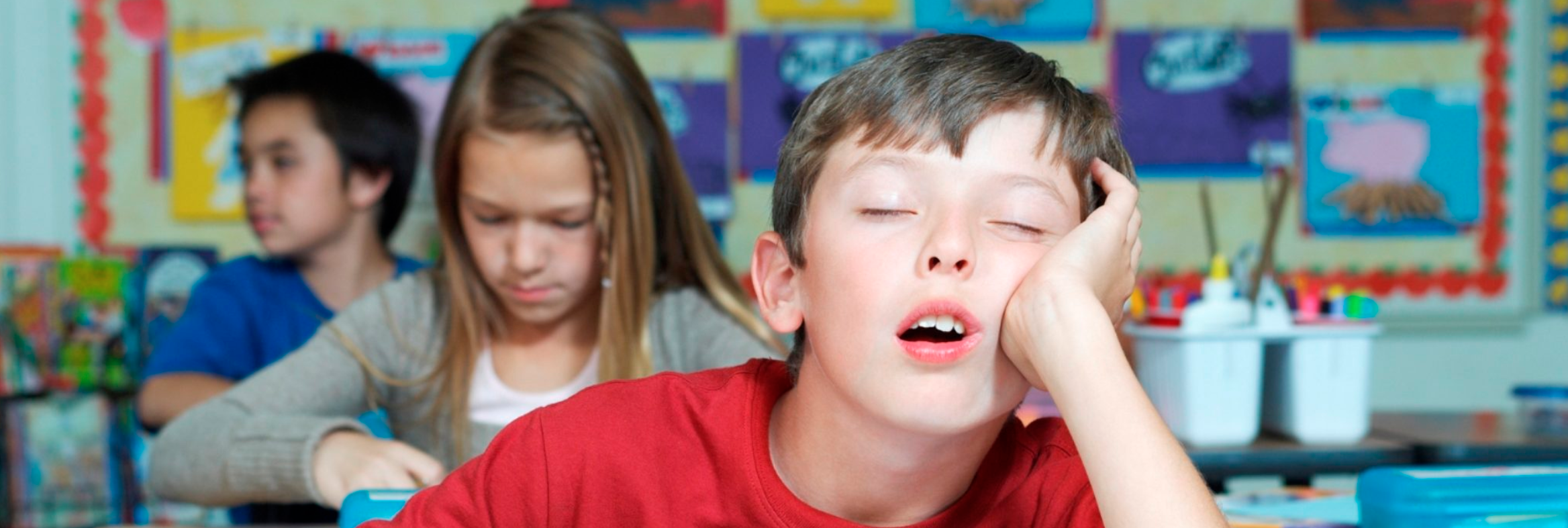|
The first study, presented at the American Academy of Pediatrics National Conference in New Orleans, surveyed parents and caregivers of 49,050 children ranging in age from 6 to 17 years old and found that sufficient sleep was associated with greater “childhood flourishing”.
More precisely, children who slept 9 hours or more on an average weeknight were more likely to
Conversely, children who did not get enough sleep were more likely to
Importantly, only 47.6% of the children were reported to get sufficient sleep. Some risk factors identified by the researchers were:
In this respect, the study supports the idea that later school start times could help bridge the educational equity gap. Interventions focused on proper tech device usage and bedtime routines could also play a role in improving the sleep and “childhood flourishing” of all students. The second study looked more specifically at the influence of sleep on academic performance among college students. Theoretically, sleep could impact academic performance in two different ways:
To test this hypothesis, the researchers analyzed the overall grade of nearly 100 students enrolled in a Chemistry class at MIT, all while tracking their sleeping habits for a whole semester using Fitbit. As expected, results indicated a correlation between mean sleep duration and academic performance. More precisely, this variable explained about 40% of the difference in overall grade for the semester between any two students. What is more, the study also found that an earlier wake-up time was another positive factor of academic performance. This can seem paradoxical, but simply signals that longer sleep duration is usually associated with earlier bedtime. In addition, sleep consistency was also a powerful predictor of students’ grades. In particular, infrequent “good night’s sleep” did not increase performance, even right before a test or exam. References: Hoi See Tsao et alia, "Sounding the Alarm on the Importance of Sleep: The Positive Impact of Sufficient Sleep on Childhood Flourishing", American Academy of Pediatrics National Conference & Exhibition (2019) Okano, Kaczmarzyk, Dave, Gabrieli and Grossman, “Sleep quality, duration, and consistency are associated with better academic performance in college students”, Npj Science of Learning, 4, 1, 2019.
0 Comments
Your comment will be posted after it is approved.
Leave a Reply. |
|
Proudly powered by Weebly

